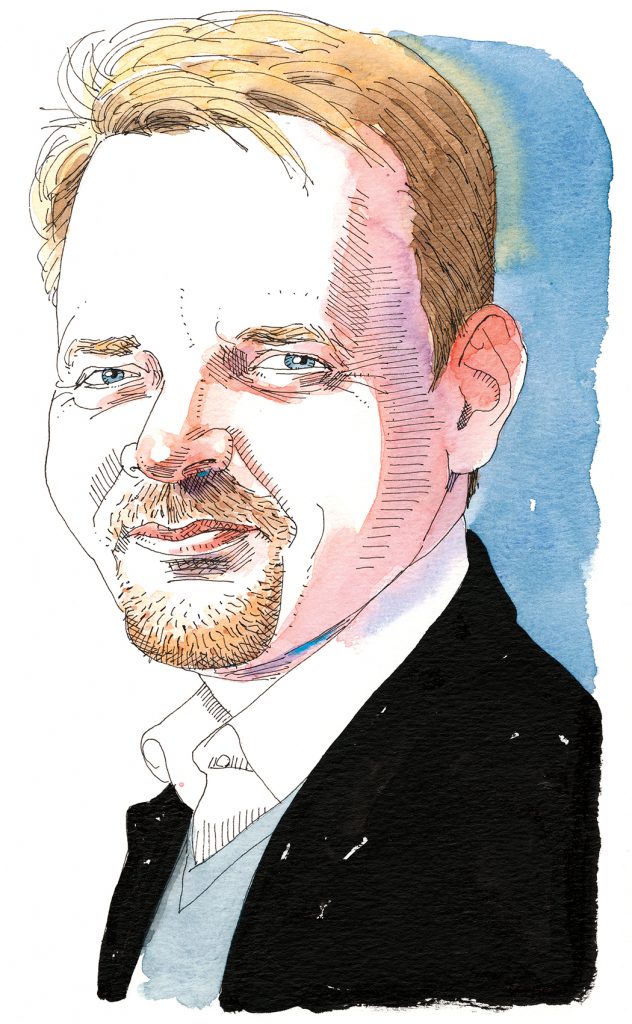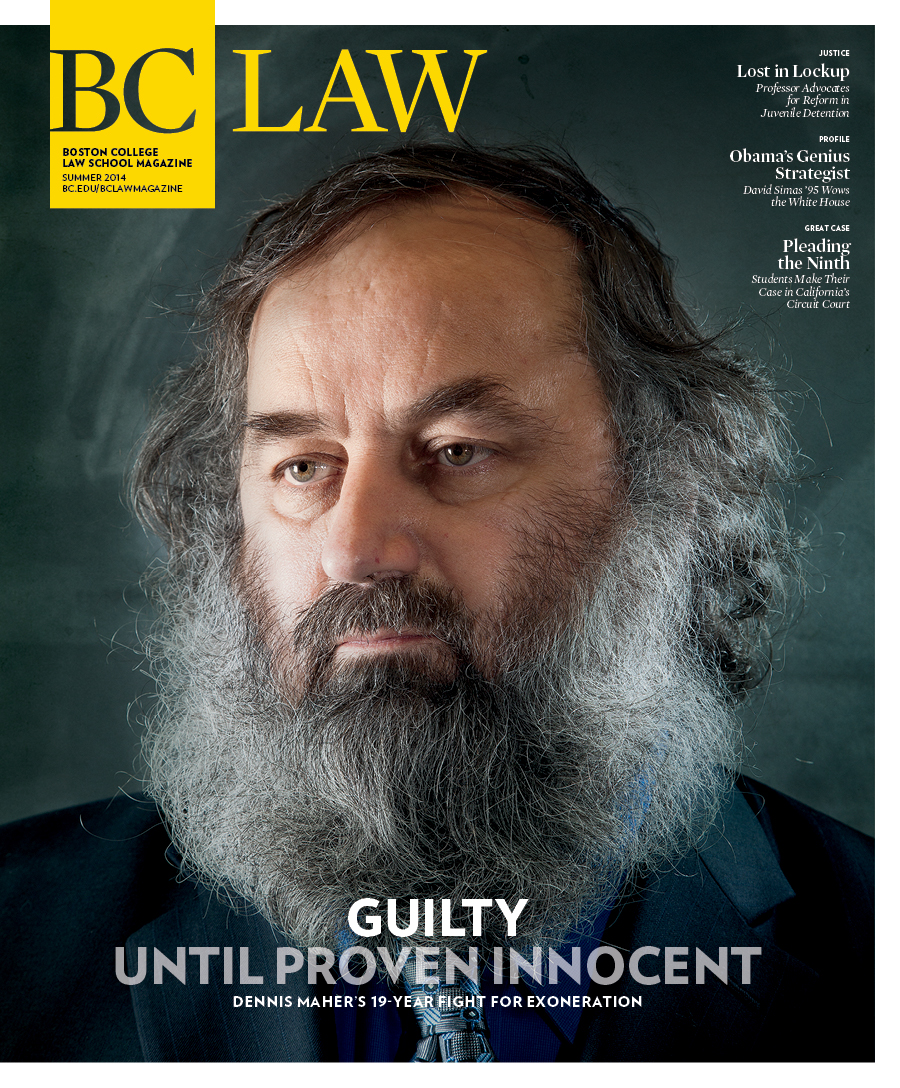The Idea: Researching the problem of how to hold companies accountable for illegal behavior, especially in international contexts where the local jurisdiction is unable or unwilling to enforce the law, Professor Kent Greenfield found a way to reinvigorate the old corporate law doctrine of ultra vires. Corporations are chartered only for “lawful” purposes, he reasoned, and illegality was thus ultra vires—“beyond the power”—and subject to shareholder suit.
The Relevance to Legal Practice: One of the dirty secrets about chocolate is that much of the world’s cocoa production, particularly in west Africa, depends on forced child labor. Chocolate makers around the world have long faced allegations that they know of and benefit from widespread human rights violations. Hershey, for example, controls 42 percent of the US chocolate market, admits that its “major sourcing countries” include the Ivory Coast and Ghana, and acknowledges that abusive child labor practices that violate international law are rampant in those countries. (By some accounts, as many as 89 percent of children in the Ivory Coast are involved in cocoa production.) But there is no mechanism to learn whether Hershey and other like companies are complicit in such abuses, nor is there a meaningful way to hold them accountable if so.
Greenfield’s ultra vires theory may change this. If it does, it will show the importance of perseverance and patience when it comes to legal scholarship.
Early in Greenfield’s career at Boston College, he was involved in a lawsuit against Unocal Corporation for alleged human rights violations in Burma. Ultimately unsuccessful, the law suit prompted him to do further research into the difficulty of holding corporations accountable for misdeeds overseas, where they are often beyond the reach of US courts.
One of my mentors told me when I began as a law professor that we don’t necessarily write for the immediate future. One never knows, once an idea is released into the world, when it will become useful or important. —Professor Kent Greenfield
While teaching a seminar on corporate accountability, Greenfield hit upon his ultra vires idea and eventually published it in a prominent law journal. (Ultra Vires Lives! A Stakeholder Analysis of Corporate Illegality (With Notes on How Corporate Law Could Reinforce International Law Norms), 87 VA. L. REV. 1279 (2001).) Because corporations are only chartered for lawful purposes, illegality—even illegality overseas or as defined by international law—was thus ultra vires and subject to shareholder objection and injunctive action. The implication was that Delaware corporate law could be used to enforce international human rights law by way of shareholder suit.
Greenfield jokes that his proposal “tested the legal equivalent of the ‘tree in the forest’ aphorism. It made no sound.”
Fast forward a decade. In 2011, the ACS national convention included a panel on “Globalization, Corporate Accountability, and the Courts” and asked Greenfield to moderate. On the horizon for the Supreme Court was Kiobel v Royal Dutch Petroleum, which raised the question of whether the Alien Tort Statute (ATS) could be used by victims of corporate abuses overseas as a basis of suits in federal court. Most court watchers were not optimistic. (And they were right; the court limited the use of the ATS in its 2013 decision.) Some on the panel pondered whether there might be another option available if the ATS was limited. Greenfield explained his ultra vires idea quickly.
One attorney in the audience, Reuben Guttman of the Delaware firm Grant and Eisenhofer, buttonholed Greenfield afterward and wanted to hear more. After additional conversations and research, Guttman and his firm took the idea and ran with it.
On behalf of a Louisiana public pension fund, they filed suit against Hershey in late 2012. The posture of the case is a “books and records” suit, which gives shareholders the ability to request the books, records, and documents of the company to investigate whether the board has engaged in misconduct. The misconduct alleged is that “the Board has engaged the Company in a pattern of ultra vires conduct,” namely the use of forced child labor in violation of international law.
This was the first suit ever to argue that an alleged violation of international law by a corporation was ultra vires. Guttman and his colleagues asked Greenfield to write an amicus brief with former federal judge Nancy Gertner.
In March 2014, Delaware Vice Chancellor Travis Laster denied Hershey’s summary judgment motion, saying that the plaintiffs had alleged facts sufficient to show a credible basis to infer that Hershey engaged in wrongdoing. This meant that Greenfield’s ultra vires idea will get its day in court, thirteen years after it was published.
Greenfield is heartened. “One of my mentors told me when I began as a law professor that we don’t necessarily write for the immediate future. One never knows, once an idea is released into the world, when it will become important.”
If Delaware courts recognize Greenfield’s ultra vires idea as a valid mechanism to import international law into company charters, corporate law could be a powerful new tool to hold corporations accountable for illegalities overseas.



